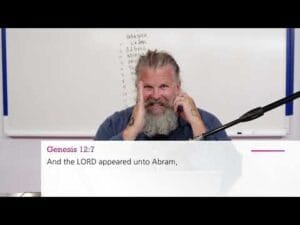
Genesis 16:8-12 Bible Teaching
The teaching explores the "angel of the Lord" as the preincarnate Christ, supporting a binitarian view of God, and discusses Ishmael's role in divine plans across faiths.

The teaching explores the "angel of the Lord" as the preincarnate Christ, supporting a binitarian view of God, and discusses Ishmael's role in divine plans across faiths.
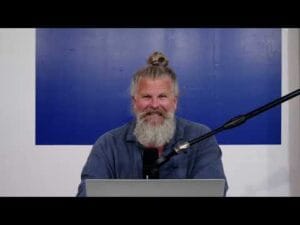
Genesis 16 highlights Sarai offering Hagar to Abram, leading to conflict and prophecy. Shawn's teaching emphasizes monogamy, gender equality in Christ, and women's roles.
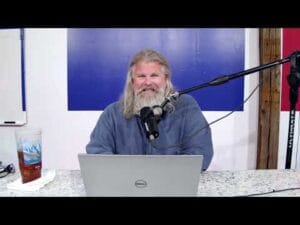
Shawn's teaching explores Abram's covenant with God, symbolic rituals, and contrasts Old and New Covenants, emphasizing faith, sacrifice, and spiritual transformation.
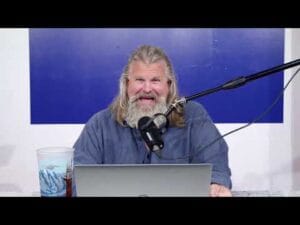
Faith is confidence in God's promises, essential for righteousness, exemplified by biblical figures. Genuine faith, as per James, is shown through love and actions.
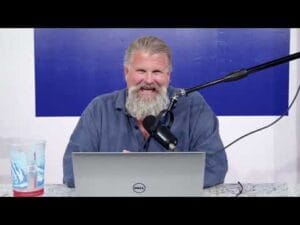
Shawn's teaching focuses on Abraham's faith, reliance on God, and spiritual inheritance. It highlights themes of divine promise, spiritual fulfillment, and faith as a conscious choice.
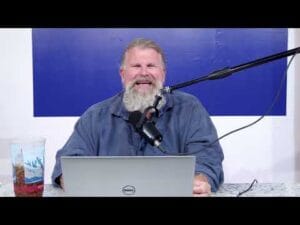
Shawn's teaching highlights Melchizedek's eternal priesthood as a precursor to Christ's, superior to the Levitical order, emphasizing unity, equality, and a new covenant.
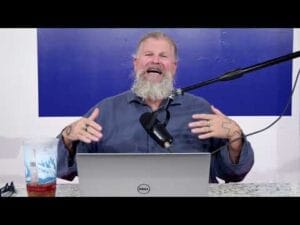
Shawn's teaching highlights that tithing isn't mandatory in Christianity, emphasizing freewill giving from the heart, guided by personal conviction, not legalistic demands.
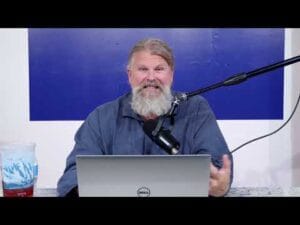
Melchizedek, king of Salem and priest, prefigures Christ's eternal priesthood, symbolizing peace and righteousness. His role highlights Jesus' superior, timeless priesthood.
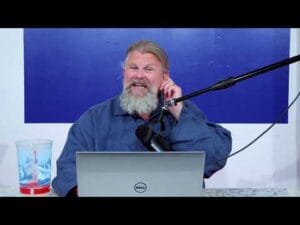
Abram and Lot part ways; Lot chooses fertile Jordan near Sodom, Abram stays in Canaan. God promises Abram land and descendants. Melchizedek blesses Abram. Faith over materialism.
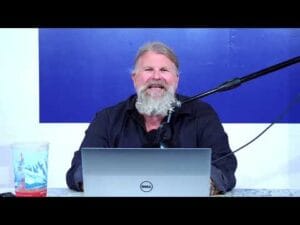
Abram's journey in Canaan, marked by altars and divine promises, reflects faith and spiritual growth. His actions in Egypt show human weakness or strategic faith. Emphasizes humility, peace, and living with God's guidance.
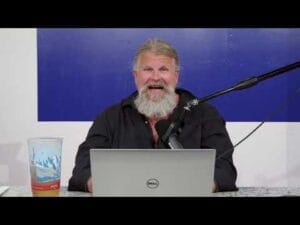
The teaching examines Genesis 11's genealogy, focusing on Abram's role in God's plan, his journey of faith, and the spiritual significance of biblical genealogies and narratives.
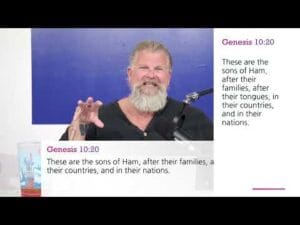
Shawn's teaching on Genesis 10:15-32 and the Tower of Babel highlights the dangers of human ambition and unity without God, emphasizing divine intervention and spiritual unity.
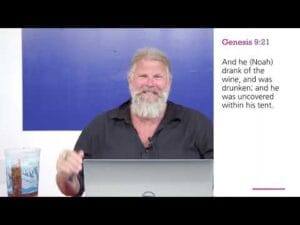
Shawn's teaching suggests Ham's act in Genesis 9 was incest with Noah's wife, leading to Canaan's curse. This challenges traditional views, emphasizing familial dishonor.
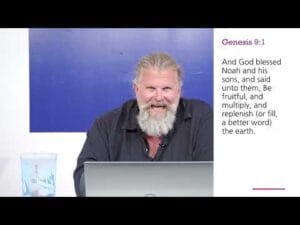
Genesis 9:1-21 explores God's covenant with Noah, emphasizing human dominion over animals, prohibition of blood consumption, and the rainbow as a flood promise.
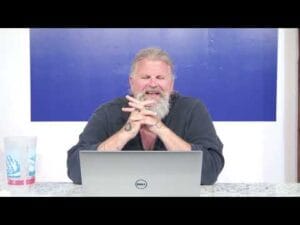
Shawn critiques literalism in Genesis 6–8, suggesting a local Mesopotamian flood, not global. He challenges traditional views like the canopy theory, citing geological evidence.

Noah's Ark: Clean/unclean animals, 40 days rain, Pangea shift, divine protection, floodwaters recede, dove's peace symbol, sacrifice, localized flood, future fire judgment.
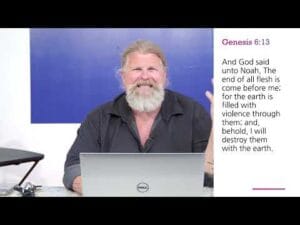
Shawn distinguishes "erets" and "tebel" (Hebrew) and "ghay" and "kosmos" (Greek) to suggest a localized flood. He discusses Noah's Ark, covenants, and faith's role in salvation.

Genesis 6 details human corruption leading to God's decision to flood the Earth, sparing only Noah. It discusses human free will, divine emotions, and the Nephilim.
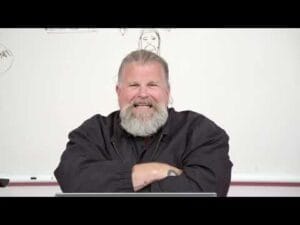
Script currently unavailable.
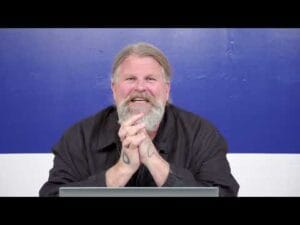
Shawn's teaching focuses on genealogies tracing the Messiah's lineage, the division of "sons of God" and "sons of men," honoring God's exalted, avoiding idolatry, and the spiritual journey of figures like Enoch and Noah. It emphasizes faith, righteousness, and prophetic wisdom, highlighting the Messiah's lineage through Shem and King David.